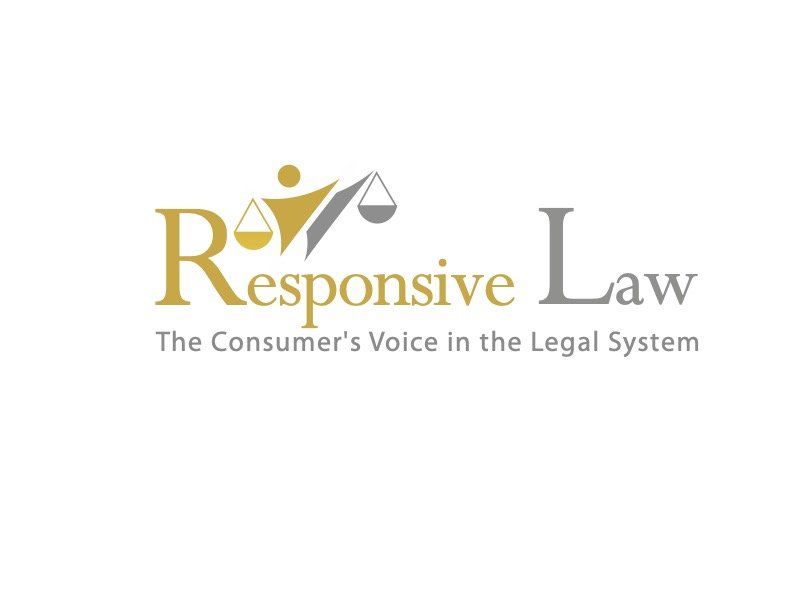Is the SRA regulating your private life?
Crispin Passmore • March 10, 2020
Sexual misconduct and serious misconduct

The recent flurry of regulatory investigations and sanctions regarding sexual misconduct by individual solicitors and related poor culture or controls in law firms has led to some interesting and perhaps illuminating debates.
Is the SRA extending its regulatory reach? Is it now regulating solicitors’ private lives? Is it regulating things that are criminal offences, and should therefore be left to the criminal justice system? I think these are odd questions to be asking.
The SRA regulates professional conduct. It provides a licence to individuals, law firms and legal businesses to use the solicitor title and to offer reserved activities. It is your practice as a solicitor and authorised firm that is regulated. Nothing more and nothing less.
In coming to a view as to who should be licensed – and indeed who should have sanctions applied to their licence from rebuke through to fine or loss of licence – the SRA examines evidence about conduct compared to the standards expected.
That evidence can come from anywhere if it helps shed light on your risk to the wider public (and to individual and business clients) and to the rule of law and proper administration of justice. That includes the trust that the public places in solicitors – the standards it expects of those authorised to practice in our highest courts, or to have the ability to sanction or inhibit poor ethics in our businesses.
That is what many mean by the reputation of the profession.
That does not mean that the SRA is regulating your private life; it just means that conduct in your private life might help the regulator judge how you may behave in your professional life. In the extreme, that might be something so serious that even though it is totally remote to the delivery of legal services it offends public values and the public’s confidence in the regulated legal market and the solicitor’s profession.
Before we consider the current crisis regarding sexual misconduct allegations, let us consider the question of regulatory reach by looking at something that we are used to regulators and disciplinary tribunals considering. Let us look at financial misconduct.
Imagine a high street law firm, perhaps with just a handful of partners working with the local community, helping individuals manage their lives, their work, their businesses. The public places enormous trust in the solicitors and the firm, entrusting them with their assets and the well being of their families. We then discover that one of the partners of the firm has been on a shoplifting spree over the last year. And another partner has committed an alleged fraud against a local builder. Neither of these impacts how effective each solicitor is for their client. Both of these offences took place in the respective solicitor’s private life.
Clearly these offences might be reported to the police. The police may or may not see them as a priority warranting investigation and reference to the CPS. Should that be it? Should the SRA step away and say this is not our business because it is your private life? Would you entrust your criminal defence or your conveyancing to such a solicitor? If you were a business would you instruct them to recover debts or damages for you? Would you think it damaged the reputation of your firm if one of your partners behaved like this?
We are used to the SRA investigating and disciplining where there is financial misconduct. The point is not whether the evidence arose in work or private life, it is is how strong that evidence is of a breach of professional standards: should it be punished to send a clear signal to the profession and market; should it lead to restrictions on future practice to protect the public?
So what about sexual misconduct?
I make no comment on individual cases – there are systems for those and they will play out through that process. The clue in considering these cases is in the word misconduct. Allegations of sexual activity that is unwanted may be evidence of a breach of professional standards. Would you allow a solicitor convicted of a very serious sexual offence to practise as a family lawyer in your firm?
And there is more at stake than consent – would we for example be comfortable with a 55 year old law Professor having a consensual sexual relationship with a 19 year old undergraduate who they teach, or would we think this was an abuse of power and authority? Society may think it serious abuse of power and would probably think the same about a very senior solicitor and a trainee or young associate.
Perhaps the real challenge is that we still have a significant number of people in the legal market (and possibly beyond) who don’t recognise unwanted sexual activity as serious misconduct? Perhaps they don’t consider it to be as serious as financial misconduct. If you don’t know if sexual activity is misconduct or have not asked the other person first, or if they are not in a fit state to answer, it’s hard to see how it is not misconduct.
If regulatory investigations for sexual activity without consent seem like an invasion of one’s private life, just stop and ask yourself how much of an invasion into one’s private life unwanted sexual activity is.
This blog first appeared on Law.com

The Legal Tech Fund ran the best event for innovators int he legal market that I have found. TLTF 2023 was a a great opportunity to learn new things but best of all were the connections made and friends seen. These enabled new discussions and deeper debates about technology, capital deployment and liberalisation. TLTF 2024 is just one year away - I'm already excited.









